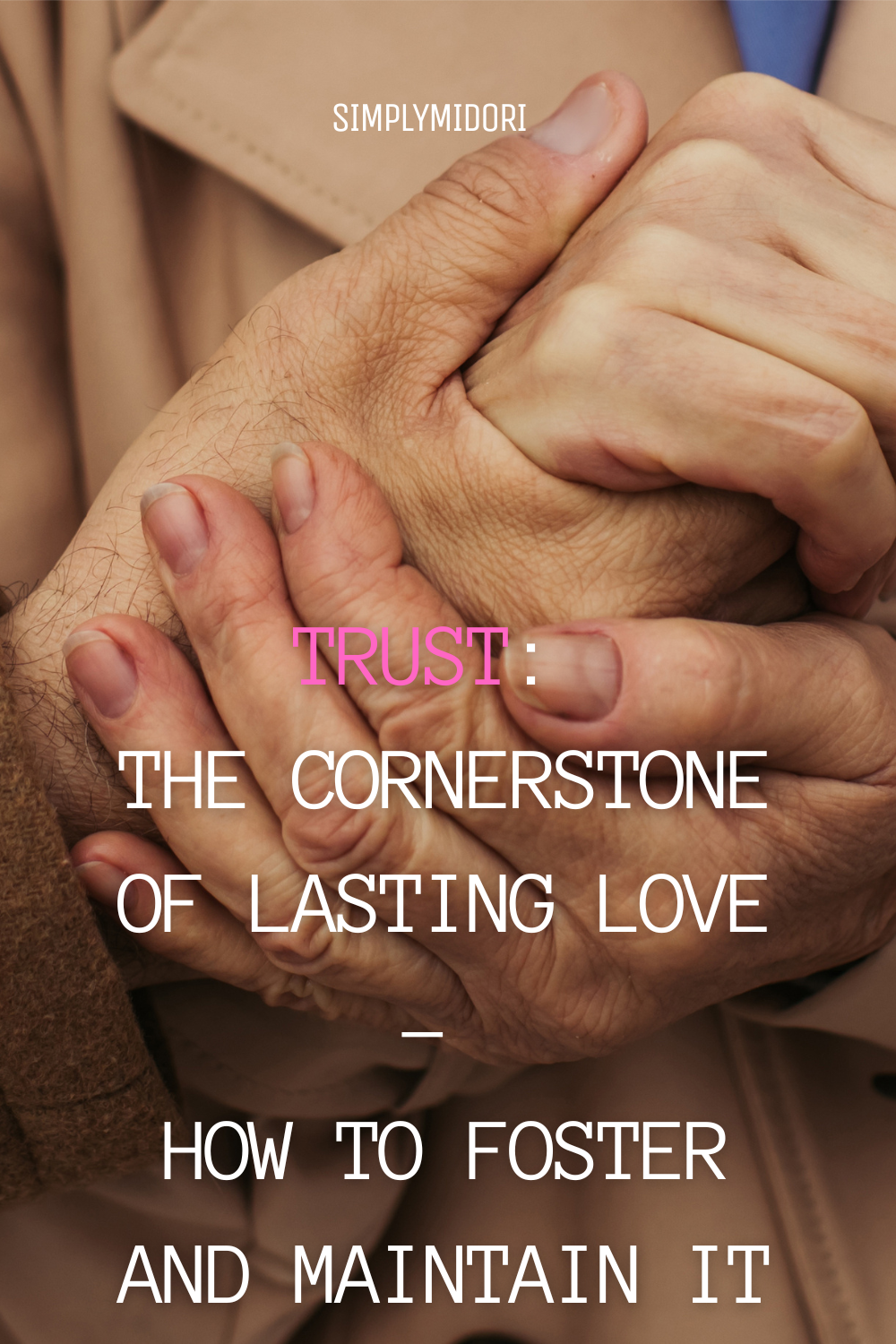
What To Expect From Marriage Counseling Sessions
Marriage has been part of all human society since the beginning of time, bolstering claims that marriage is an institution generated by God. In today’s age, marriage may take many forms. For example
-
Monogamous heterosexual marriage- is a union between one man and one woman, a husband and wife.
-
Polygamy- in which a person takes more than one spouse- is common in many societies.
-
Same-sex marriage- Some jurisdictions and religious denominations recognize uniting people of the same sex.
With the added complexities of marriages, more people are seeking couples therapy. If you are thinking about couples therapy, this blog is a step-by-step guide to learn what to expect from marriage counseling.
Three Stages That Couples Seek Counseling
There are many reasons people start couples counseling. This post, however, will provide a brief overview of when most couples seek relationship counseling.
Stage One: 2-7 Years Of Marriage
After the first few years of marriage, often called the “Honeymoon Phase,” couples realize that their dreamy, ideal mate is only human and has many annoying habits. Also, resentments about chores, finances, and family can begin. Typically, the married couple needs new skills to practice acceptance and compromise at this interval.
Acceptance of their spouse’s annoying habits and compromise with chores and family obligations. In couples counseling, the starting point is building a communication foundation so that things that need to be accepted or compromised can be effectively discussed to resolve them.
When couples can work through this stage in their marriage, they learn to share, compromise, and strengthen their commitment to each other until the next challenging stage in the marriage cycle appears between twelve and seventeen years.
Stage Two: 12-17 Years Of Marriage
Unfortunately, during the next stage, between 12 and 17 years of marriage, many divorces occur. During this time, many couples are entering middle age and re-examining their life goals.
They often start wondering if they are missing out on something being with their partner or if they can fulfill all their future goals together. This is when many couples separate from each other, either physically and live separately or emotionally, and stay under the same roof but act detached towards each other.
In men, we often see what is termed a “mid-life crisis,” which usually encompasses them trying to re-capture their youth by buying sports cars or trying to date much younger women. Women will often return to school, start a new business, or start working out more.
If the couple has separated, it does not mean a definite end to the marriage and can actually, in some cases, help each of them to realize how much they still love each other. Occasionally, separation can re-ignite a couple’s passion for each other.
When couples seek relationship therapy at this stage in their marriage, they either want to reunite or give it a last effort before divorce.
Couples counseling at this stage attempts to get the married couple on the same page for the marital goals. Often, if the marriage is to survive through this stage, both partners have to agree on a life plan together, accept the change in their passion for each other, and agree to go forward in their life together.
Stage Three: 20-25 Years Of Marriage
The next danger stage occurs sometime between years 20 and 25. During this time in a couple’s marriage, they often find themselves alone with each other again.
Usually, the kids are grown and gone or more independent. There may have been a retirement from a long career or a change in physical abilities for one or both of the partners. At this time, some people start to think that they have one last squeeze out of life, and this would only happen with a divorce and a “new” start.
Couples counseling at this stage aims to help married couples find inner peace and satisfaction with their life and partner. If this is accomplished, couples will often stay together and enjoy their golden years harmoniously.
When to Start Marriage Counseling Sessions
If you find your marriage has entered into one of these stages or there are other issues affecting your marriage, seek a couples counseling session with an experienced couples therapist who can help you and your partner resolve these issues.
If counseling is sought at the beginning of a stage or problem, the issue may be resolved before resentment and separation occur. It is rarely too late to get help for your marriage at any stage, but it is better to seek couples therapy earlier rather than later.
Note: Any marriage can be saved and rejuvenated with some work and a commitment to each other.
What Is Marriage Counseling?
Marriage counseling, also called couples therapy, helps couples resolve conflicts and improve their relationship. Marriage counseling gives couples the tools to strengthen communication skills, negotiate differences, problem-solve, and even argue healthily.
It is a tool meant to foster better understanding and communication and to resolve conflicts. While the period of therapy can sometimes last for months, it is often short-term. Marriage counseling is not meant to be a long-term measure. Typically, though, the greater the extent of the problems, the more counseling sessions the couple will undergo.
Is My Relationships Failing If We Go To Couples Counseling
Most marriages and other relationships aren’t perfect. Each person brings their ideas, values, opinions, and personal history into a relationship, and they don’t always match their partner’s.
Those differences make conflict in your relationship inevitable. These differences create common issues that marriage counseling can help you and your spouse navigate.
What Is The Marital Counseling Process & What To Expect From Marriage Counseling Sessions
While many married couples claim to know each other very well, marriage itself is a process of learning about your partner. A marriage counselor will attempt to impart techniques to a couple to help them deal with problems more openly, fostering better communication. It is a process of analysis, looking closely at the marriage itself, the problems, and how best to resolve them. The following are the stages of marital therapy.
Stage One: Relationship Building
The initial session exists to develop a positive relationship with the couple. A marriage counselor will find ways to connect with you. Therapy sessions are only effective when a couple feels the counselor genuinely cares about their well-being and understands where they are coming from.
Stage Two: Assessments & Diagnosis
The first few sessions are a multifaceted process where the therapist looks for patterns in the couple. While assessing, the therapist attempts to determine if change is necessary for the couple to proceed.
If the mental health professional determines that change is necessary, then the next step is figuring out what needs change. Is it a behavior? An attitude? A situation?
A good assessment allows couples to see how their behavior or attitude might contribute to an undesirable or unhealthy situation. An assessment is an ongoing process.
How will a counselor gather information to make an informed assessment? They will gather information in several ways:
-
Talking with client
-
Observing the couple’s behavior and interactions
-
Reading any documented information on the couple
Stage Three: Formulation of Client Goals
Next, the therapist will look to establish goals for the couple. What are goals? Goals are broad statements that identify what you want to accomplish. Think of goals as the result you want to achieve from couples therapy.
Difference between goals and objectives
While goals are broad statements that identify what you want to accomplish overall, objectives are the measurable steps you take to achieve your goals. For example, if you have a goal that states, “Bill will be better able to manage his anger.”
One of your objectives might be, “Bill will recognize emotional triggers that lead to angry outbursts and use positive self-talk to calm himself down.” Your objectives should always be concrete and measurable. They should also be derived from the overall goal. Goals may change and evolve as therapy progresses.
Why is establishing “mutually agreed” goals and objectives important? If the couple agrees with the goals, they will likely follow through. When the couple is actively involved in the goal-setting process and agrees with the goals, they are more inclined to take ownership of them.
5 Common Categories of Counseling Goals
-
To change an unwanted or unwelcome behavior
-
To better cope
-
To make and implement decisions
-
To enhance relationships
-
To help the client’s journey of growth toward achieving potential
Stage Four: Implementation Plan
The implementation plan is a plan that you and your partner will work on together. It is designed to prevent, intervene, or address unhealthy behaviors and practices.
The implementation plan identifies who will perform the activities, where the activities will occur, how frequently they will occur, how they will be carried out, and when they will be carried out.
Implementation activities are designed based on the couple’s goals. The plan helps individuals re-think risky behavior, work through problematic issues, and address unhealthy lifestyle practices while learning new skills and building strengths.
Stage Five: No Longer Attending Couples Therapy
A counselor is always mindful of avoiding fostering dependency. Therefore, they will release you and create an open door if you need a couples therapy session in the future. Keep in mind that termination is not only considered at the end of a treatment plan but also is considered when it seems counseling is not helpful.
Why Do Some Couples Quit Therapy: The 3 Stages
Stage 1- In the first five to six weekly of attending therapy, the couple openly expresses all negative feelings about each other. They can sometimes be very hostile to each other.
Stage 2- The next stage of therapy is challenging as the couple has openly conveyed negative feelings to each other. They are usually very angry with one another. In several cases, they may ultimately stop coming to therapy.
Stage 3- If the relationship survives the second stage and remains in therapy, they can work through the underlying issues plaguing their relationship. If not, the couple typically discusses how therapy worsened their marriage and never addresses all the problems that surfaced.
The Benefits of Marriage Counseling
There are a wide number of marriage counseling benefits that can help a relationship. These include:
-
Increasing confidence and self-esteem of individuals
-
Working out conflict resolution
-
Teaching effective communication to work through relationship problems
-
Providing objective guidance through a trained counselor
-
Identifying the relationship issues that are affecting the relationship rather than focusing on more superficial problems
-
Teaching couples how to pull together rather than push one another away
-
Providing help and resources to make the marriage stronger and more fulfilling
More and more people have come to appreciate marriage counseling benefits. Hence, counseling is no longer looked upon as strange or unusual. People now realize that marriage counseling is an effective way to strengthen and enhance their relationship and promote a healthy, lifelong marriage.
The Goal Of Counseling
A couple will be able to identify the issues affecting both partners individually and the problems affecting them as a couple. The couple will address numerous relationship issues, some of which may have gone unnoticed but have impacted their marriage.
The couple will have a track record of past experiences tackling diverse issues. When future problems occur, the couple will leverage the new skills they learned and create a safe space to address their issues without a therapist.
Conclusion
Marriage is a unique commitment between two people. Due to the nature of such a relationship, there are occasionally some intimacy issues.
When a relationship experiences this, they can go to couples therapy for positive change.
The goal of counseling is always to save the marriage, although there will be cases where the marriage is irreparable. The therapist will provide direction, and the couple is responsible for acting on such guidance. By doing so, the couple will enjoy improved interactions and renewed enthusiasm for the relationship.












